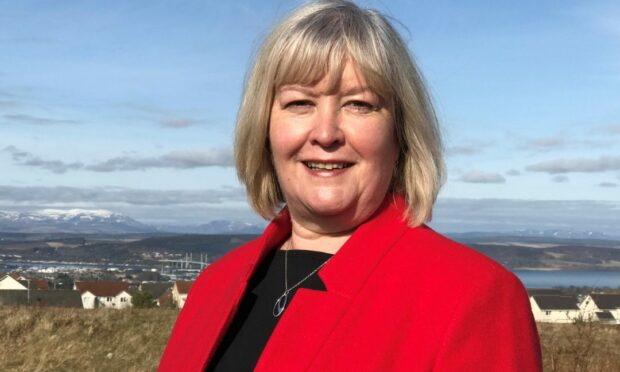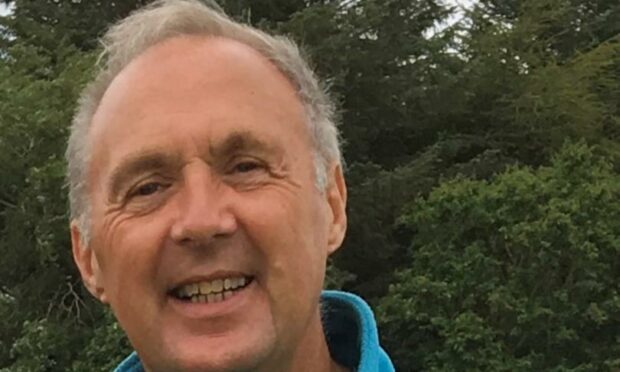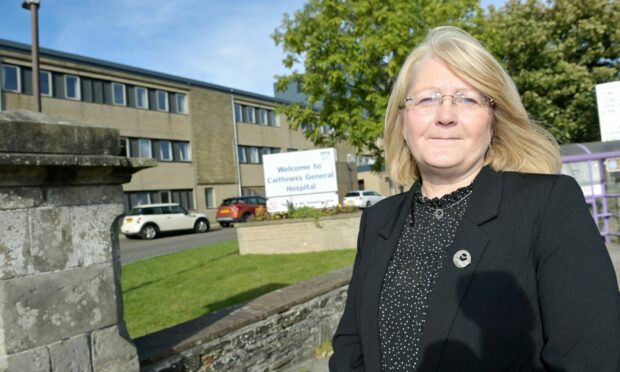Patients’ lives are being put at risk according to a roll-call of closures, downgrades and staff shortages across the rural north and north-east.
The Scottish Government was given an alarming list of challenges facing people looking for vital maternity care, mental health support, dentistry and GPs.
Local anger was laid bare at Holyrood just days after another mum had to give birth in a layby on the A96 because of downgraded provision in Moray.
Campaigners from Caithness took their demands for better local services to parliament’s petitions committee.
Highlands and Islands MSP Rhoda Grant spelled out the worst-case scenario in front of the SNP health secretary on Thursday afternoon.
She said the north bears the brunt of NHS staff shortages because of its geography.
And she listed recruitment problems across services.
“The situation is untenable,” she said.
“Any further delays will lead to loss of life.”
‘Easier in the central belt’
Expectant mothers facing more complex births in the north must travel over 100 miles to Inverness since the maternity unit at Caithness General in Wick was downgraded in November 2016.
This length of journey is the equivalent of mums travelling from Edinburgh to Newcastle to access maternity care.
And in Moray most mums are forced to travel to either Aberdeen or Inverness to give birth after the maternity unit at Dr Gray’s in Elgin was downgraded in 2018.
Listing a range of rural and island concerns, Ms Grant told parliament that staff are “burnt out”.
‘Closure’
She said: “Portree Hospital urgent care unit is closed more often than it’s open.
“Home care and care homes are desperately short staffed as well.
“The new Broadford Hospital, which was opened by the cabinet secretary only weeks ago, cannot be fully utilised because of a lack of staff.
“Dentistry in Moray is also so dire that NHS Grampian are requiring dentists in Aberdeen to step in and help.
“Dunbar Hospital minor injuries unit only recently reopened as there were staffing shortages due to staff being moved to support the Covid response.”
Ms Grant said it is more difficult for NHS Highland to recruit because – unlike those living in the central belt – people are forced “uproot their whole family” to move to the area.
The “shortage of affordable housing, local services and public transport” also contribute to the problem.
Local campaigners head to Holyrood
Campaigners took their call for improvements to Holyrood on Wednesday.
William Sinclair, whose petition is being heard by MSPs, wants Caithness to break away from the control of Highland Council and the region’s health board.
Mr Sinclair, who lives in Thurso, says there has been a “deterioration” in the services provided in Caithness since it was absorbed by NHS Highland in 1996.
Maria Aitken, secretary of Caithness Health Action Team, which campaigns on behalf of far north patients, put forward her own petition to the committee.
She wants solutions to be found to tackle recruitment and training challenges for rural healthcare.
In 2019, the University of the Highlands and Islands established a shortened midwifery course to help address workforce needs.
However, the Scottish Government has moved the course to Edinburgh Napier University.
Ms Aitken said students should not have to travel hundreds of miles from their homes for training, or take on huge loans to pay for accommodation.
Training in rural areas
There are currently 6,209 nursing and midwifery posts vacant across Scotland.
In NHS Highland there are 296 nursing and midwifery positions still to be filled, – equal to 8% of all posts in the region.
Responding to the concerns in parliament on Thursday, Health Secretary Humza Yousaf agreed to explore calls to assess the journey expectant mums take to Raigmore Hospital in Inverness.
He will also meet campaigners in the north this summer.
The SNP politician said the Scottish Government is “really keen to try to ensure” that we can train the workforce in remote, rural and island health boards.
He added: “I think that’s a really important endeavour for us here in government.”
Mr Yousaf said students on a graduate entry medicine programme hosted by St Andrews and Dundee universities spend tie living and studying in the Highlands.
“We know, and I’ve heard from remote and rural health boards time and time again, if we get them to live here, train here or study here, then we’ve got a much better chance of retaining them as well,” he said.
NHS Highland were approached for comment.




